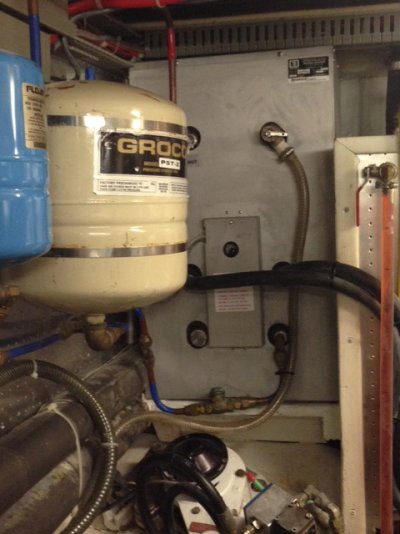...pay someone to do the bleeding and only do the parts (plumbing and electric) that don't leave scars.
I hear ya. But in my best Hal impression, "I'm sorry Dave, I'm afraid can't do that."
I just need to do the things I can do myself. It's the only way to know they're done right and the only way to know exactly what the issues are and how to handle anything else that might happen with the system. I definitely bring in mechanics when it's something above what I have experience with, but pity that poor mechanic who has a multi-hour session with me hanging over asking 400 questions. Some love it and some can't handle it.
I once had a John Deere mechanic come on to replace the oil cooler under warranty. He told me that I wasn't allowed to be in the engine room while he was working on the engine. I escorted him off the boat. The next guy had no problem with me being the little obnoxious brother.

